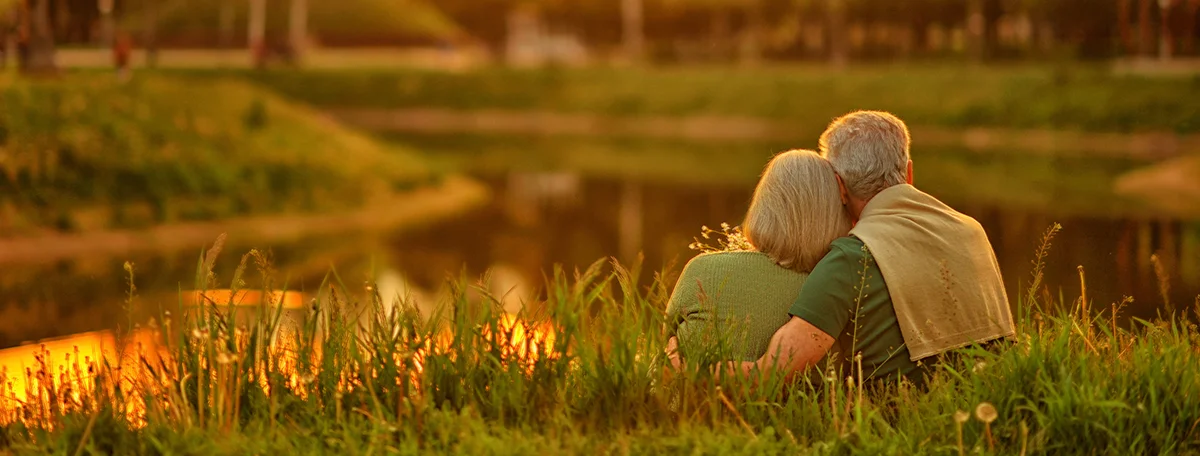I was perusing the local newspaper, and in the law and order section, an “elderly man” was assaulted during a home invasion. The victim was listed as being 70. Now when I was twenty-five, I would probably have equated “elderly” with anyone over 60. However, now that I am in the eighth decade (70-79), I take it as a personal affront being seen as "elderly."
To the younger generations, “elderly” connotes a barely moving, toothless individual, swaddled in Depends, who can’t remember his/her phone number. Have I lost a step, do parts of my body ache that I didn’t know existed? You bet. However, the brain is functioning just fine, thank you, (except for all those senior moments) and I plan on driving until they remove my cold dead hands from the steering wheel.
Of course, in discussing the “elderly,” you do have to pay attention to cultural and historical contexts. Asian societies have traditionally venerated their older citizens. The wisdom that comes with age is valued, and it is expected that mom and dad live with the kids when they can no longer thrive on their own. In fact, in most societies where life hasn’t become artificially processed and formed, the older folks are seen as an asset, not as tomorrow’s trash. However, in many “modern” first world Western cultures, one of the biggest industries going is warehousing the geezers in assisted living ghettos. Out of sight, out of mind; let them keel over at the bingo table.
If we take a step back in history, the average life expectancy looked pretty grim. In biblical times it was around 35 years. As late as 1907, the average life expectancy for men was 45 years. Hardly enough time to sell these folks a decent chariot or replacement buggy wheels. The Weekly Scroll in Rome might have had the lead, “Senator Flavius Valerius dies in the Forum at 36. He was a true elder statesman. Leaves behind strong but brief legacy.” The point is, senior status may be both in the eyes of the beholder and in the sweep of history.
Now, I realize that we all reach a life stage where heavy duty assistance may be needed, but too often, those Americans in their golden years are perceived as a blight upon the planet. There is a reason the prime demographic for advertisers is 25-54. How much profit is there in a bottle of Metamucil and heating pads? We old folks rarely buy a new car every other year. We hold onto the rust bucket for at least ten years, cherishing the cassette tape player and engines that a mechanic can understand. We buy our clothes at Sears (Oops, the dustbin of history) and have phone landlines (that’s right, my cold dead hands). I may not see myself as “elderly,” but I have a lot of preferences that place me firmly in the Luddite camp.
Who says the relics can’t get it done? Picasso was still painting and fathering kiddos into his 70’s and 80’s. Frank Lloyd Wright was cranking out the architectural plans until he assumed room temperature at 92. Kurt Vonnegut was wielding the mighty pen into his eighties. Mother Teresa was heading a missionary group when she was almost 90. In short “elderly” shouldn’t mean comatose. Me, myself and I plan on writing the great American novel sometime in my mid-eighties. I just might have enough life experience by then.

